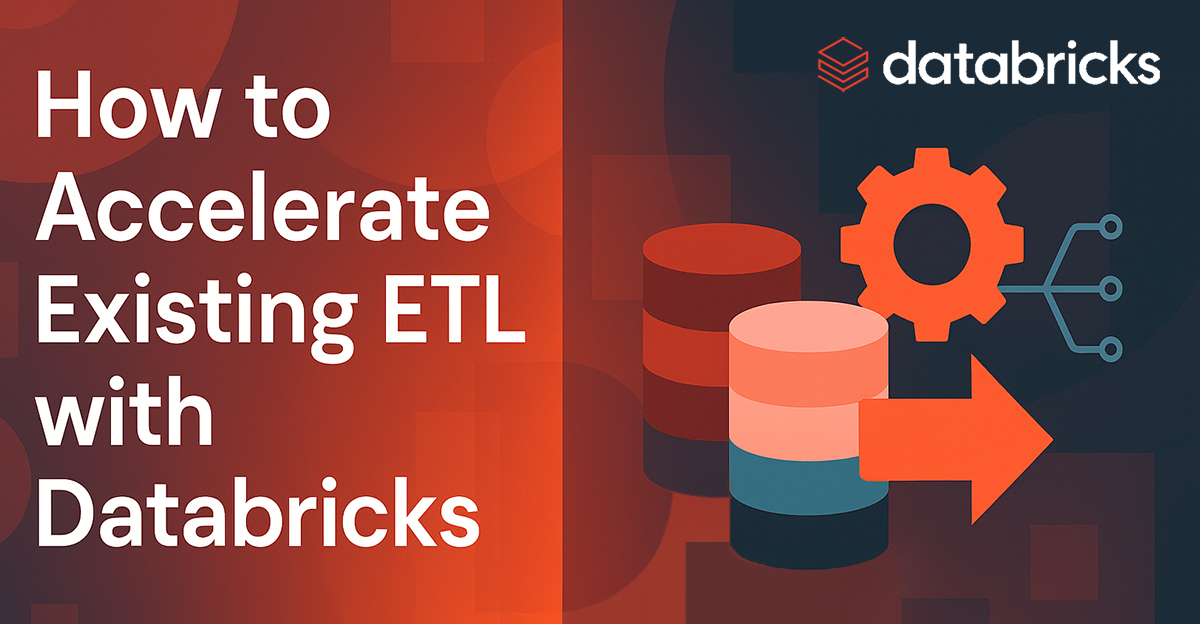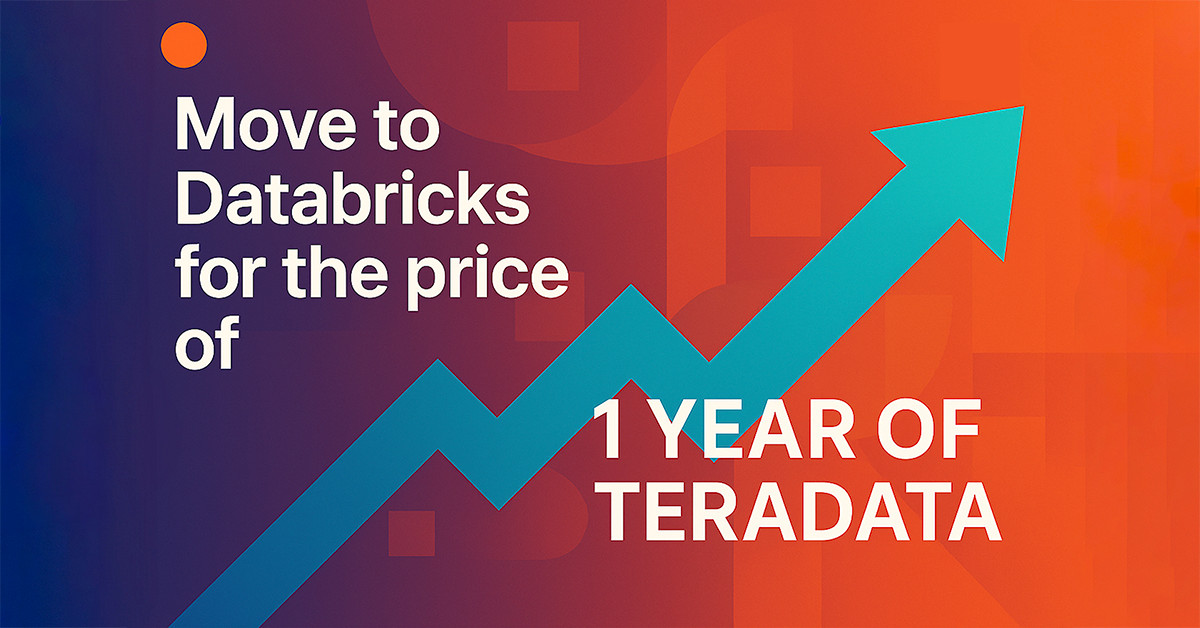This article appeared on Spiceworks
For today’s enterprises, databases have become synonymous with data silos. Even database vendors seem to admit that freely. The typical client-server architecture forms a shield around the database stack: connectors, tools and utilities create a dependency on proprietary software that is just hard to break. Mike Waas, founder & CEO of Datometry, discusses why it may be time to rethink enterprise database architecture.
Although databases have long been a hotbed of research, the adjacent area of data access has seen little to no innovation in decades. Instead, over the past 40 years, the common architecture just made the vendor lock-in even stronger.
As always, with vendor lock-in, customers are ultimately bearing the cross. To the best of our knowledge, analyst firms have yet to quantify the impact of this kind of vendor lock-in in terms of opportunity cost, maintenance, or even price gouging.
In this article, let’s look at the biggest operational challenges IT leaders must overcome in the next decade and what requirements this would spell out for their database architecture.
Migrating to More Cost-effective Systems
With the economy heading into a recession, IT is under pressure to replace many of its expensive legacy systems with more cost-effective cloud databases. Hence, a wave of database migrations will probably wash over the industry in the next few years.
Analysts have long agreed that moving from one vendor to another is fraught with extreme risk. Most migrations fail. But even if they come to a conclusion, there is still the risk of corrupting existing business logic in the processes and, of course, the risk of considerable cost and schedule overruns.
About Datometry
Datometry is the leader in database system virtualization. With Datometry Hyper-Q, enterprises can run their existing applications directly on next-generation databases without needing costly and risk-laden database migrations. Datometry counts leading Fortune 500 and Global 2000 enterprises worldwide among their customers. For more information, visit www.datometry.com




